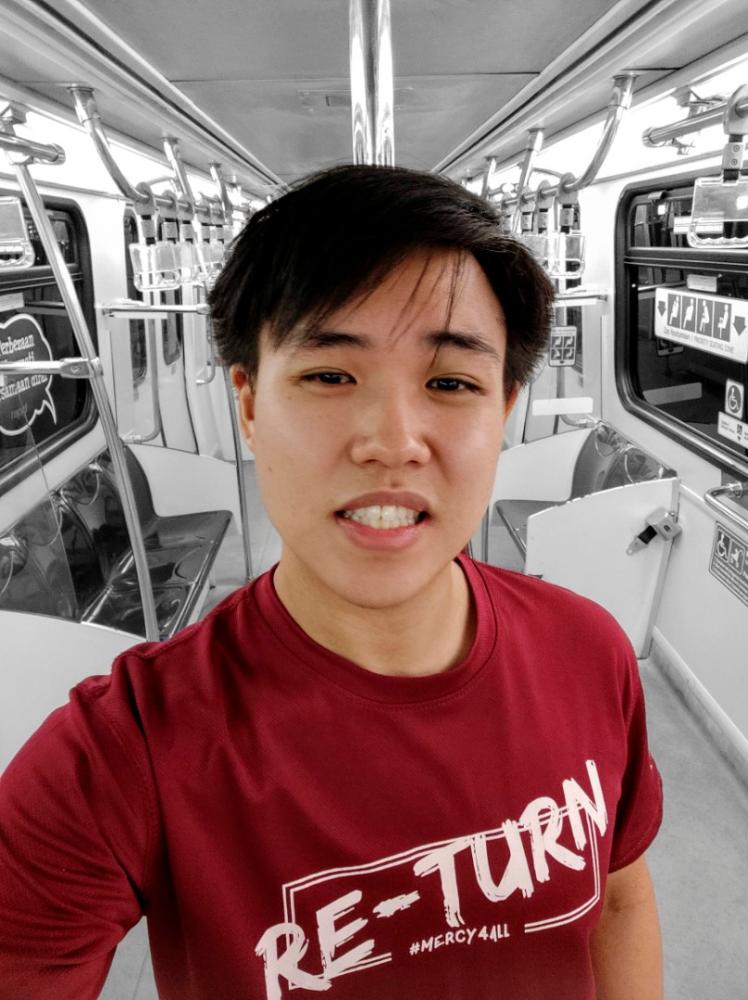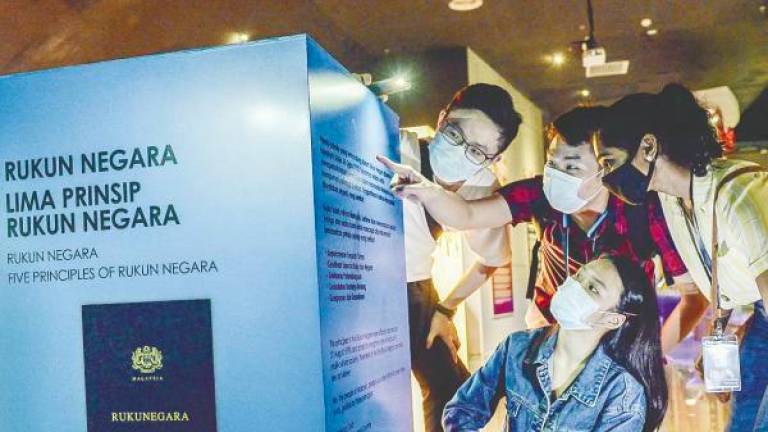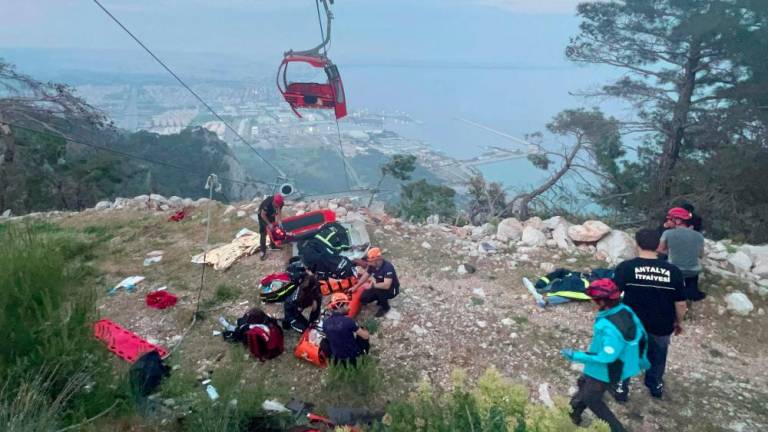PETALING JAYA: When UCSI University’s alumnus Joel Phua Jia Meng began his research with Massachusetts General Hospital (MGH), a Harvard University hospital, in late 2019, he could not envision how his journey took an interesting turn.
The Covid-19 pandemic prevented him from heading to the US. However, it did not stop him from completing his research at the prestigious institution of higher learning through computational research.
“It is a shame that the pandemic prevented me from going there in person, but this experience showed me that this kind of computational genetics work is a viable arrangement in this Covid-era,” he said.
Phua is one of the few students selected to do high impact research at renowned institutions of higher learning under UCSI University’s Star Trek programme. The programme aims to award the university’s brightest students with opportunities to obtain exposure working or studying with top corporations and universities. In this regard, Phua was attached to MGH for a research year.
His research at MGH is a computational genomics project that involves identifying genetic changes from treatment of clinical depression using alternative treatments.
He conducted his research under the mentorship of Dr Simmie Foster and Dr Kumar Veerapen. Dr Veerapen, an alumnus of UCSI University, is a research fellow at the Analytic and Translational Genetics Unit (ATGU) at Massachusetts General Hospital and a community engagement manager at the Broad Institute of MIT and Harvard.
“I was working on a project determining the kinds of viable treatments for depression and their mechanisms,” Phua said.
“Specifically, my project under this collaboration between MGH’s Depression Clinical and Research Programme and the Broad involved comparing the genetic expression between people who receive the different treatments to determine their genetic mechanisms in alleviating depression.”
When asked about his research experience at one of the top Ivy League universities, he admitted that he felt a little nervous due to the university’s prestigious status.
“Honestly, it was intimidating initially because of the status of the institution. I did not know what to expect. However, I was quickly comforted by my welcoming and down-to-Earth mentors, who were patient and understanding as I learnt the ropes for this high-impact research,” he said.
“In terms of topic and scope, this research was a great opportunity to explore and experience a broad topic, involving interdisciplinary insights from my mentors. I hardly think that many of my peers have had the privilege to take up such an interesting subject and work with real patient data.
“So, I am very grateful for this opportunity and experience. Also, having access to the vast Harvard library and the high computing power offered by the Harvard O2 high-performance computing cluster did make conducting my research easier.”
After completing his Bachelor’s degree in Biotechnology, he decided and was encouraged by his mentors to take a well-earned break from his studies. However, he has not ruled out a possibility to further his studies in statistical genetics.
“Currently, I am simply on a break after a hectic final year in my undergraduate degree. I am privileged to be in this position, and I could not be more grateful to the family for letting me take this breather between university and working life,” he said.
“As I ponder on the work that I would be interested in, I am open to sharpening the computational genetic skills that I have acquired through my project. Otherwise, I feel that perhaps I could head down the education path as well.”













